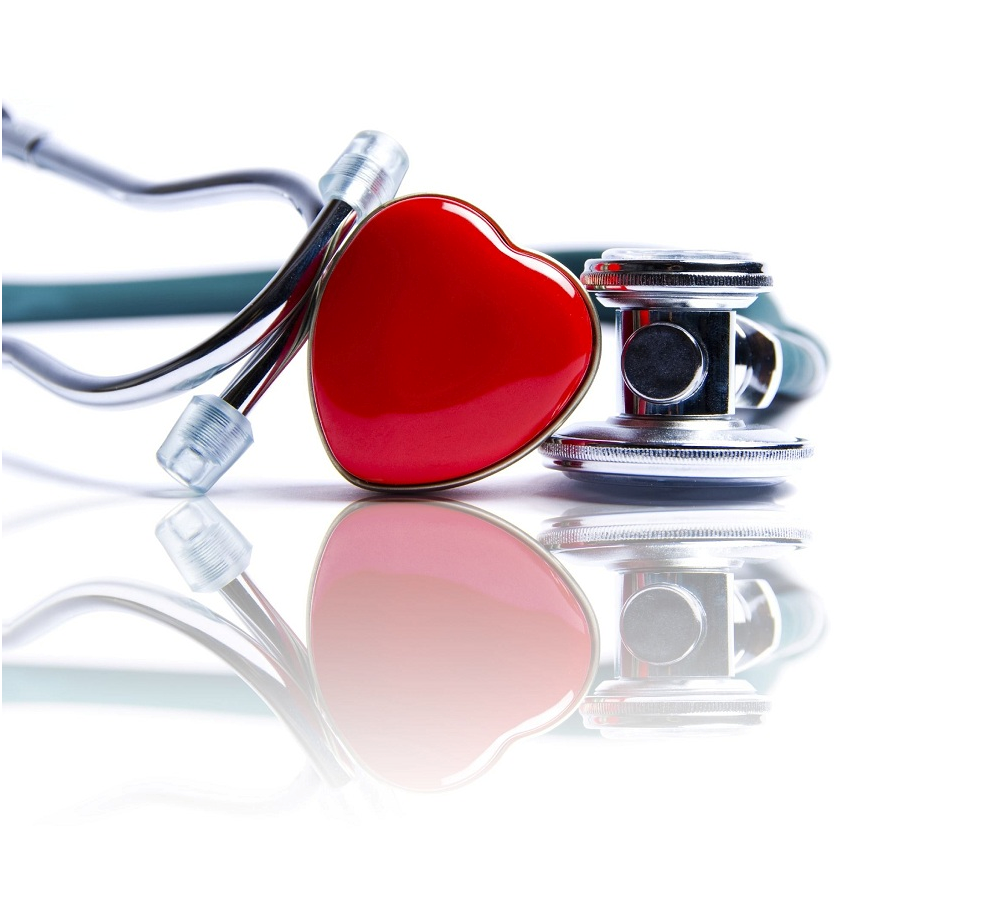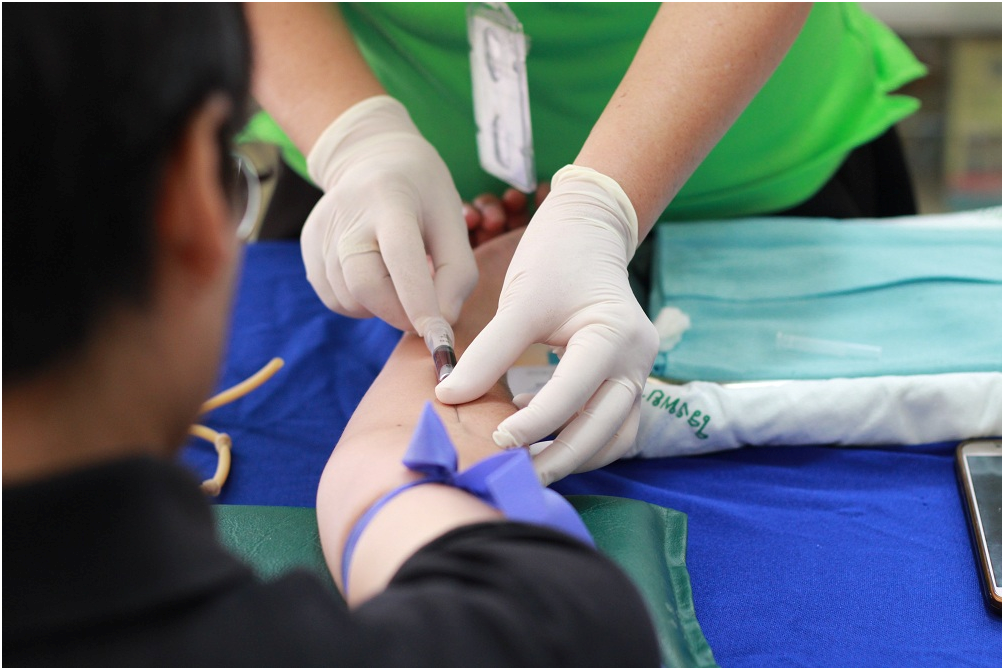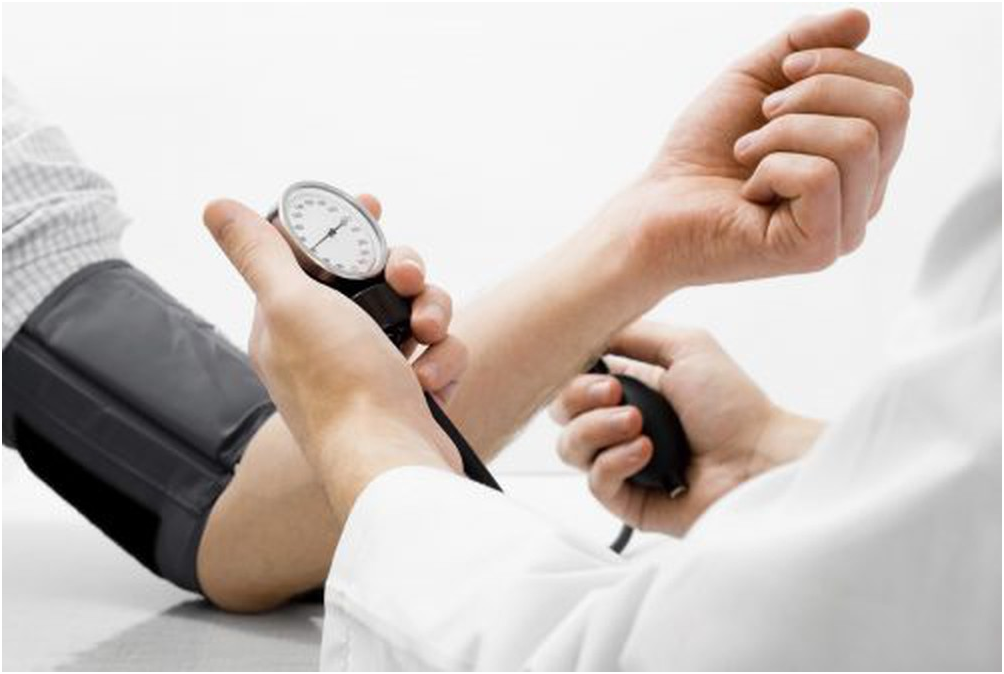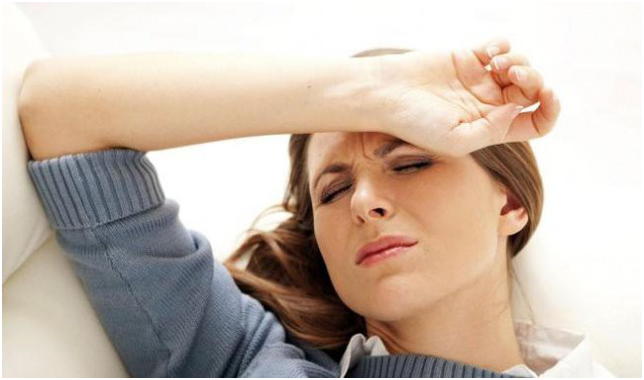Share

WHAT IS HIGH BLOOD PRESSURE?
By Victoria Healthcare 12 April 2019

Your blood pressure measures how much pressure the blood in your arteries is under as it pumps from your heart and supplies your tissues. It determines how much blood is passing through your blood vessels and the amount of resistance the blood meets while the heart is pumping. Over the long term, increased pressure can cause damage to your organs, including heart disease and cause stroke.
Hypertension is quite common. In fact, since the guidelines have recently changed, it’s expected that nearly half of American adults will now be diagnosed with this condition, as well as similar numbers in other countries. With longer lives, high diabetes rates, and high salt intake, hypertension is taking Viet Nam by storm.
The constant pounding of high pressure against the artery wall contributes to atherosclerosis (“hardening of the arteries”). Hypertension typically develops over the course of several years, so usually, you don’t notice any symptoms. But even without symptoms, high blood pressure is steadily damaging your blood vessels and organs, especially the brain, heart, eyes, and kidneys.
Early detection is important. Regular blood pressure readings can help you and your doctor notice any changes. If your blood pressure is elevated, your doctor may ask you to check your blood pressure over a few weeks to see if the number stays elevated or falls back to normal levels. Treatment for hypertension includes both prescription medication and healthy lifestyle changes. We bstress again that if this condition isn’t treated, it can lead to serious health issues, such as heart attack and stroke. And it can kill you.
What are the symptoms of hypertension?
Hypertension is typically silent. There are usually NO symptoms, which is why it can be so deadly, like a sleeping snake that suddenly strikes. It may take several years to reach levels severe enough that symptoms become obvious – and then it may be too late. Even the symptoms below may be attributed to other medical issues.
Symptoms of severe hypertension can include:
+Headaches
+Shortness of breath
+Nosebleeds
+Flushing
+Dizziness
+Chest pain
+Visual changes
+Blood in the urine
Waiting for a symptom of hypertension to appear could be fatal: the first sign may be a stroke or heart attack. That is why it so important to have regular medical examinations that include a blood pressure check.
If you only have a yearly physical, talk to your doctor about your risks for hypertension and other silent conditions.

For example, if you have a family history of heart disease or stroke or have risk factors for developing this condition, your doctor may recommend that you have your blood pressure checked every few months. You can buy a relatively inexpensive blood pressure device at most pharmacies for use at home. “Blood pressure” is a free cell phone app that is a general reading of your blood pressure and is very easy to use, with just your finger. Although not as accurate as a device, it is a general guide to your blood pressure and helps you and your doctor stay on top of any possible issues before they become problematic.
What causes high blood pressure?
There are two types of hypertension. Each type has a different cause.
Primary hypertension
Primary hypertension is also called essential hypertension. This kind of hypertension develops over time with no identifiable cause. Most people have this type of high blood pressure.
Researchers are still unclear what mechanisms cause blood pressure to slowly increase. A combination of factors may play a role. These factors include:
+Genes: Some people are genetically predisposed to hypertension. This may be from gene mutations or genetic abnormalities inherited from your parents.

+Physical changes: If something in your body changes, you may begin experiencing issues throughout your body. High blood pressure may be one of those issues. For example, it’s thought that changes in your kidney function due to aging may upset the body’s natural balance of salts, local hormones, and fluid. This change may cause your blood pressure to increase.
+Environment: Over time, unhealthy lifestyle choices like lack of physical activity and poor diet including too much salt can take their toll on your body. Lifestyle choices can lead to weight problems. Being overweight can increase your risk for hypertension. Smoking is also a huge contributor.
Secondary hypertension
Secondary hypertension often occurs quickly and can become more severe than primary hypertension. Several conditions that may cause secondary hypertension include:
+Kidney disease

+Obstructive sleep apnea
+Ongenital heart defects
+Problems with your thyroid
+Side effects of medications
+Use of illegal drugs
+Alcohol abuse or chronic use
+Adrenal gland problems
+Certain endocrine tumors
How to understand high blood pressure readings
Two numbers create a blood pressure reading:
+Systolic pressure: This is the first, or top, number. It indicates the pressure in your arteries when your heart beats and pumps out blood.
+Diastolic pressure: This is the second, or bottom, number. It’s the resting pressure in your arteries between pumps of your heart.
Five categories define blood pressure readings for adults:
+Healthy: A healthy blood pressure reading is less than 120/80 millimeters of mercury (mm Hg).
+Elevated: The systolic number is between 120 and 129 mm Hg, and the diastolic number is less than 80 mm Hg. Doctors usually don’t treat elevated blood pressure with medication. Instead, your doctor may encourage lifestyle changes to help lower your numbers and risk.
+Stage 1 hypertension: The systolic number is between 130 and 139 mm Hg, or the diastolic number is between 80 and 89 mm Hg.
+Stage 2 hypertension: The systolic number is 140 mm Hg or higher, or the diastolic number is 90 mm Hg or higher.
+Hypertensive crisis: The systolic number is over 180 mm Hg, or the diastolic number is over 120 mm Hg. Blood pressure in this range requires urgent medical attention. If any symptoms such as chest pain, headache, shortness of breath, or visual changes occur when blood pressure is this high, emergency intervention is needed.
A blood pressure reading is taken with a pressure cuff. For an accurate reading, it’s important that you have a cuff that fits. An ill-fitting cuff may deliver inaccurate readings. Your short sleeve should not be in the way: the cuff should be applied directly to the bare skin of your arm.
Blood pressure readings are different for children and teenagers. Ask your child’s doctor for the healthy ranges for your child if you’re asked to monitor their blood pressure.
Medication for high blood pressure
Many people go through a trial-and-error phase with blood pressure medications. Your doctor may need to try different medicines until you find one or a combination of medications that work for you.
Some of the medications used to treat hypertension include:
+Beta-blockers: Beta-blockers relax your arteries and make your heart beat slower and with less force. This reduces the pressure of blood pumped through your arteries with each beat. It also blocks certain hormones in your body that can raise your blood pressure.
+Diuretics: High sodium levels and excess fluid in your body can increase blood pressure. Diuretics, also called “water pills”, help your kidneys remove excess sodium from your body. As the sodium leaves, extra fluid is flushed into your urine, which helps lower your blood pressure.
+ACE inhibitors: Angiotensin is a chemical that causes blood vessels and artery walls to tighten and narrow. ACE (angiotensin converting enzyme) inhibitors prevent the body from producing as much of this chemical. This helps blood vessels relax and thus reduces blood pressure.
+Angiotensin II receptor blockers (ARBs): While ACE inhibitors aim to stop the creation of angiotensin, ARBs block angiotensin from binding with receptors. When the receptors are not triggered, blood vessels won’t tighten. That helps relax vessels and lower blood pressure.
+Calcium channel blockers: These medications block some of the calcium from entering the muscles of your heart. This leads to less forceful heartbeats and a lower blood pressure. These medicines also work in the blood vessels, causing them to relax and further lowering blood pressure.
+Alpha-2 blockers: This type of medication changes the nerve impulses that cause blood vessels to tighten. This helps blood vessels to relax, which reduces blood pressure.
Home remedies for high blood pressure
Healthy lifestyle changes can help you control the factors that cause hypertension. Here are some of the most common home remedies.

Developing a healthy diet
A heart-healthy diet is vital for helping to reduce high blood pressure. It’s also important for managing hypertension that is under control and reducing the risk of complications. These complications include heart disease, stroke, and heart attack.
The DASH Diet is the classic and can be easily looked up. A heart-healthy diet emphasizes foods that include:
+Fruits
+Vegetables
+Whole grains
+Lean proteins like fish
+Severely limit sugary carbohydrates. Unfortunately, white rice is also not healthy for your heart and blood vessels.
+And -- most important -- do not add much salt to your food, even when preparing it.
Increasing physical activity
Reaching a healthy weight should include being more physically active. In addition to helping you shed pounds, exercise can help reduce stress, lower blood pressure naturally, and strengthen your cardiovascular system. Sometimes hypertension even vanishes with weight loss and exercise.
Aim to get at least 150 minutes of moderate physical activity each week. That’s about 30 minutes five times per week.
Reaching a healthy weight
If you are overweight or obese, losing weight through a calorie-restricted, heart-healthy diet and increased physical activity can help lower your blood pressure.
Managing stress
Exercise is a great way to manage stress. Other activities can also be helpful. These include:
+Meditation
+Deep breathing
+Massage
+Muscle relaxation
+Yoga or tai chi
These are all proven stress-reducing techniques. Getting adequate sleep can also help reduce stress levels and blood pressure.
Adopting a cleaner lifestyle
If you’re a smoker, try to quit. The chemicals in tobacco smoke damage the body’s tissues and harden blood vessel walls. They cause progression of hypertension and are a primary cause of stroke.
If you regularly consume too much alcohol or have an alcohol dependency, seek help to reduce the amount you drink or stop altogether. Alcohol can raise blood pressure.
Source: https://www.healthline.com/health/high-blood-pressure-hypertension#bloodpressure-medication


